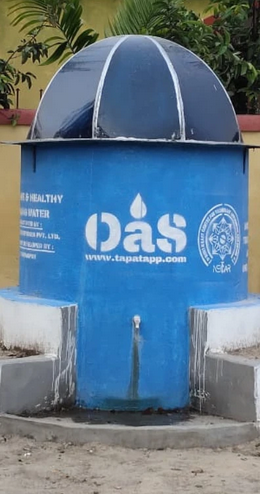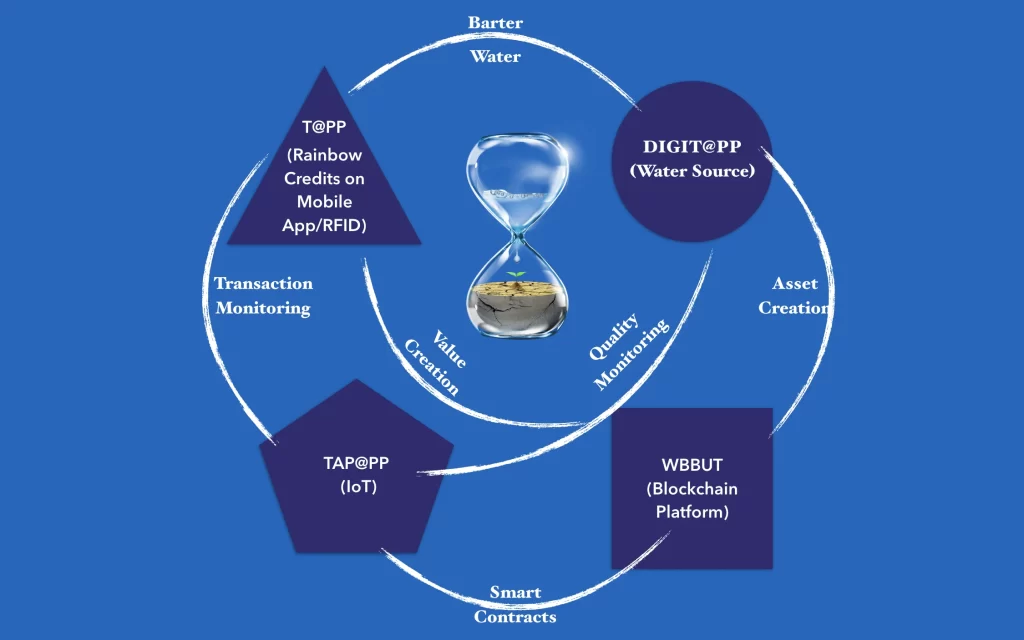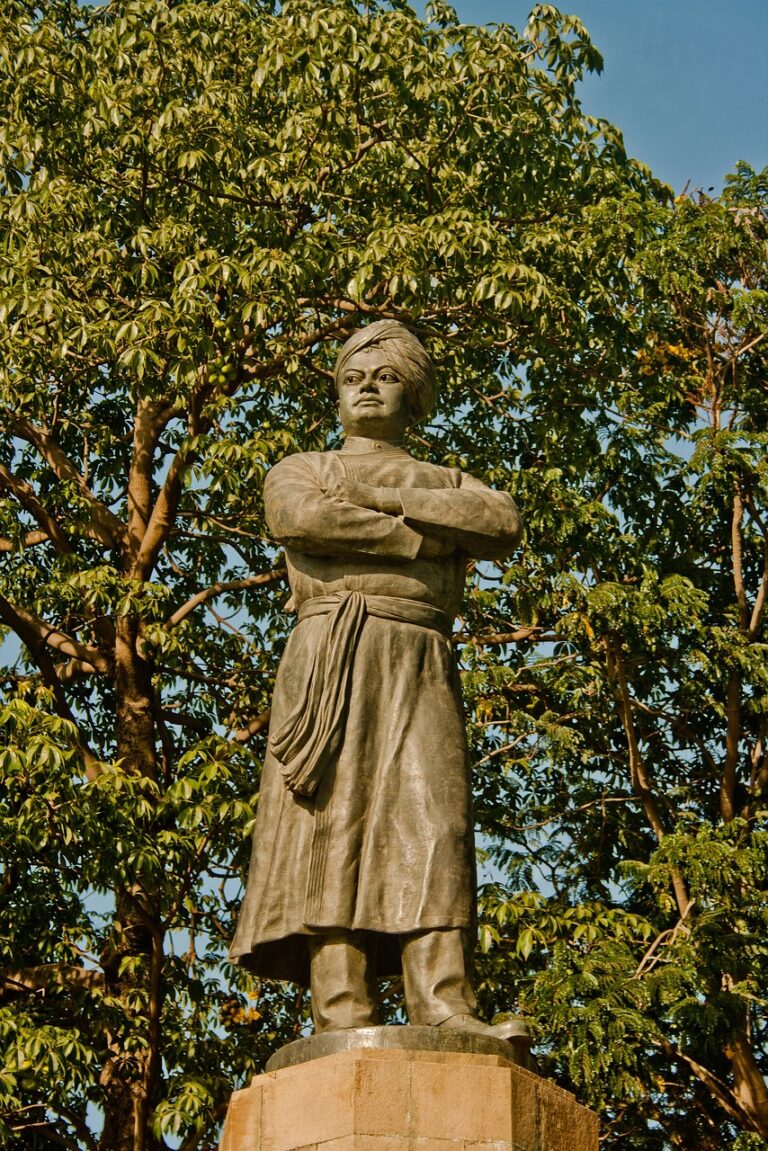
Ara: A pioneering initiative designed to address water scarcity through a sustainable barter-based economy was launched today with the opening of the inaugural WaterBank unit in Pakri village, located in the Ara district.
With the successful launch of its first WaterBank, the BarterWATER initiative, a “unique” programme to prevail sustainability, aligned with the United Nations decade for action agenda (2018-2028), ‘Water for Sustainable Development’, aims to integrate more villages into its barter-driven sustainability model. As part of the movement, the initiative has introduced Paani-Bawani, an anthem encapsulating 52 unique perspectives on water, environment, and climate resilience.
WaterBank is committed to a vision centred on the sustainability of drinking water, the reduction of arsenic levels, and the enhancement of agriculture, horticulture, health, environmental quality, economic stability, and overall quality of life, Saket Kumar, president of Water Bank Foundation Trust, said. According to him, the organization seeks to actively participate in the management of various water sources and resources, including rivers, ponds, lakes, and wells, to ensure their preservation and responsible use.
Another significant area of focus for WaterBank is Waste Management. The organization strives to develop and implement a range of eco-friendly and sustainable models that encompass water management, waste management, biodiversity conservation, eco-restoration, and ecological management. Additionally, WaterBank is dedicated to advocacy and policymaking in these fields, aligning its efforts with the overarching goals of the trust.
The BarterWATER initiative has introduced an innovative model where efforts on water action are rewarded with ‘Rainbow credits’, fostering community-driven environmental action.
Under the initiative, individuals use one Rainbow credit to vend per litre of drinking water from installed One-stop Aqua Shops (OAS) Spring, which can also be redeemed for essential nature-based goods and services, thereby promoting responsible water use at the grassroots level, thereby promoting responsible water use at the grassroots level.
The first barter transactions at WaterBank set a precedent for a new eco-centric economic model based on water action:
- 1,000 Rainbow credits are being offered for investments in NetZero grey-water discharge infrastructure, at the household level.
- 1,000 Rainbow credits can be exchanged for constructing a bamboo bin for plastic waste collection, integrated with glass, paper, food, and other waste separately.
- 1,000 Rainbow credits can be redeemed for a Bamboo chair.

The launch of WaterBank, approved by UN Water, and which received special accreditation in the UN 2023 Water Conference held at United Nations (UN) Headquarters in New York in March 2023, also honoured the late Pavan Srivastava, a key architect of the initiative, whose “unwavering” dedication to water conservation remained steadfast despite his prolonged illness. Pakri village, where he reconstructed his home as the mission’s nerve centre, now stands as a testament to his visionary leadership.
Strategic Partnerships and Institutional Support
Recognising the escalating global water crisis, BarterWATER has formed key alliances to strengthen its impact, Saket Kumar, president of Water Bank Foundation Trust, said. He informed that at the UN 2023 Water Conference, the initiative signed an MoU with PANIIT USA Alumni Initiatives WHEELS Global Foundation(WGF) and WHEELS India Niswarth (WIN) Foundation, paving the way for collaborative water-action efforts. Additionally, Husk Power has contributed to the technological backbone of the project, enabling solar-powered automation to energise OAS Spring and DigitAPP (TAP@APP) technology.
Several institutions have lent their support to BarterWATER. NITI Ayog has endorsed the initiative as a pioneering model for community-led water and climate action. The Office of the Principal Scientific Adviser (PSA) to the Government of India has engaged the National Institute of Advanced Studies (NIAS), Bangalore, to conduct an impact assessment of the initiative. The National Bamboo Mission of the Government of India is facilitating the use of bamboo-based infrastructure in the initiative’s expansion.
– global bihari bureau





